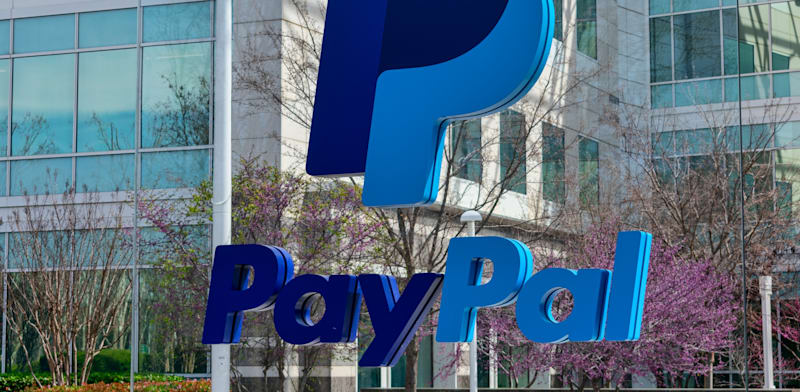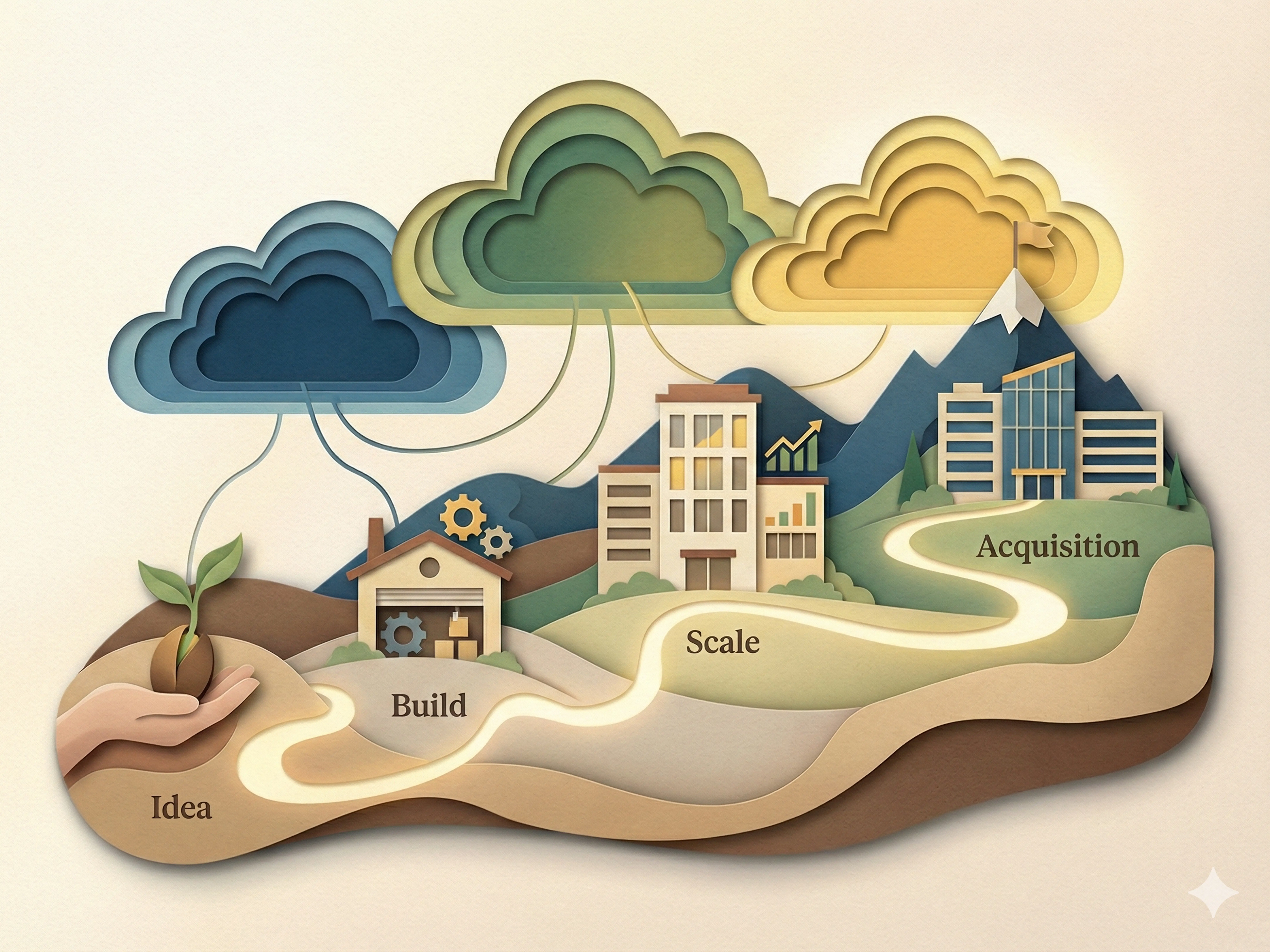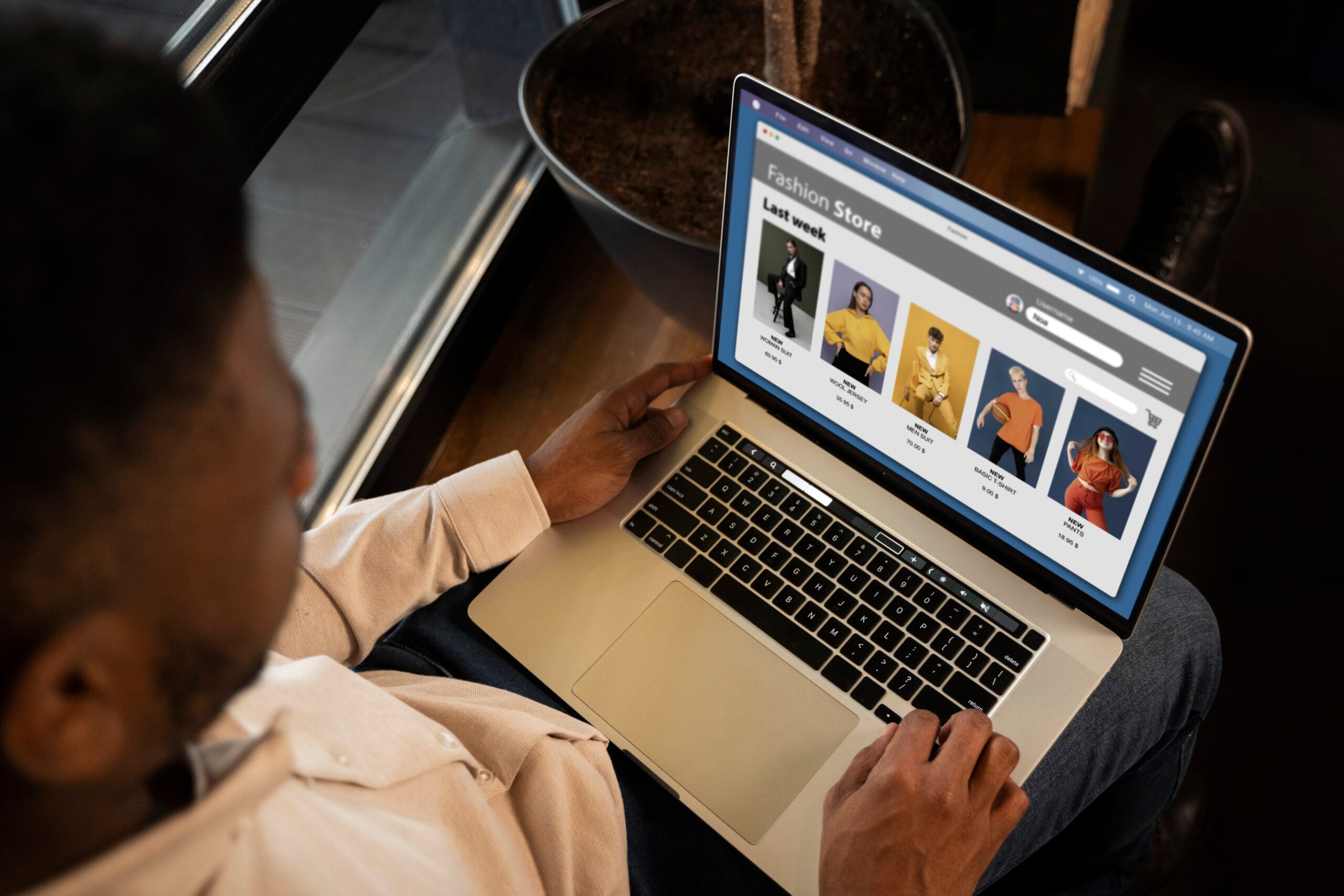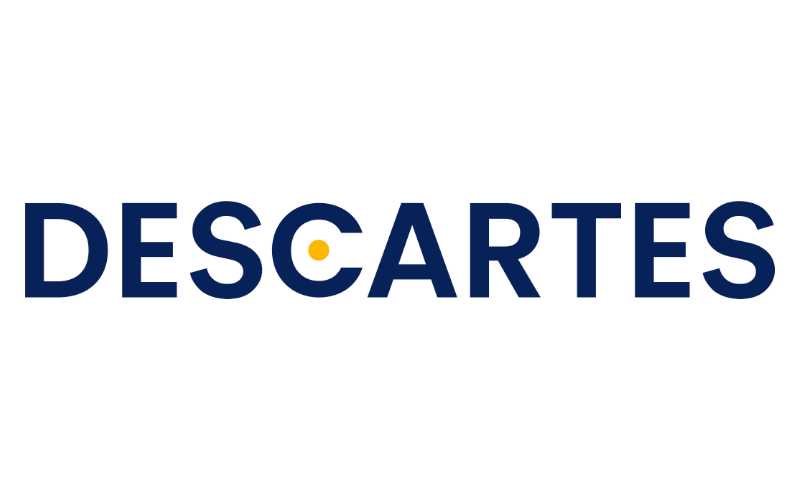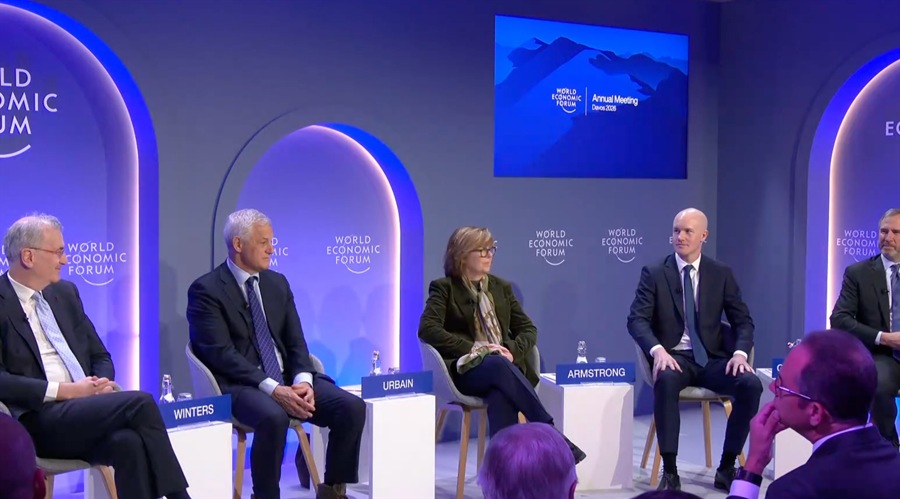Businesses are increasingly preventing customers from using cash as NO CASH ACCEPTED signs line Main Street. No federal law requires businesses to accept cash, but some states and cities have implemented laws mandating businesses to do so. COVID accelerated the push toward a cashless society, as physical cash was seen as unhygienic. Then the US mint faced a physical currency shortage as Americans hoarded their cash. Cashless businesses are now widely accepted and normalized in our society.
Around 6 million Americans who do not have a bank account, and therefore are blocked from participating in our cashless society. This particularly impacts the poorest in our nation, as a recent survey found that 40% of unbanked individuals do not have enough liquidity to meet the minimum balance required by banks. The FDIC found that one-third of respondents simply do not trust the banks and prefer cash for privacy purposes.
Then there are those who use prepaid cards or tools like CashApp that fall in “underbanked” bracket. The latest estimate found that 19 million households fall under this category. Combined, one in five Americans are either unbanked or underbanked, and according to the government, these individuals are merely attempting to avoid taxation.
Another lesser known fact is that banks often charge stores for physical currency. Additionally, the costs of providing and handling physical currency, such as the need for security, transportation, and storage make it more costly for businesses to use cash. The crime wave across blue cities is a contributing factor as well, as it is not uncommon to see signs stating that a business does not have cash on hand to deter thieves.
There is no federal law that requires banks to charge for change, but federal law generally allows banks to charge non-interest charges and fees. Interchange fees are transaction fees that the merchant’s bank must pay whenever a customer uses a credit/debit card to make a purchase, which is why you will often see a surcharge of around 3% at certain businesses to cover this expense. So businesses are faced with fees for all transactions whether they go the cash or card route.

The 2010 Dodd-Frank ruling permitted businesses to set a credit card minimum of $10, as the interchange fees nulled the profits on small purchases. Debit cards are treated as cash, whereby there is no set minimum by law.
They will soon force the unbanked and underbanked into the banking system, which is one of the reasons why the Biden Administration continually talks about erasing junk fees so that the 40% who claim they cannot meet the minimum balance are not excluded from government oversight. The push for a cashless society is a global phenomenon tied to the DPI and other initiatives that aim to centralize our individual data.










